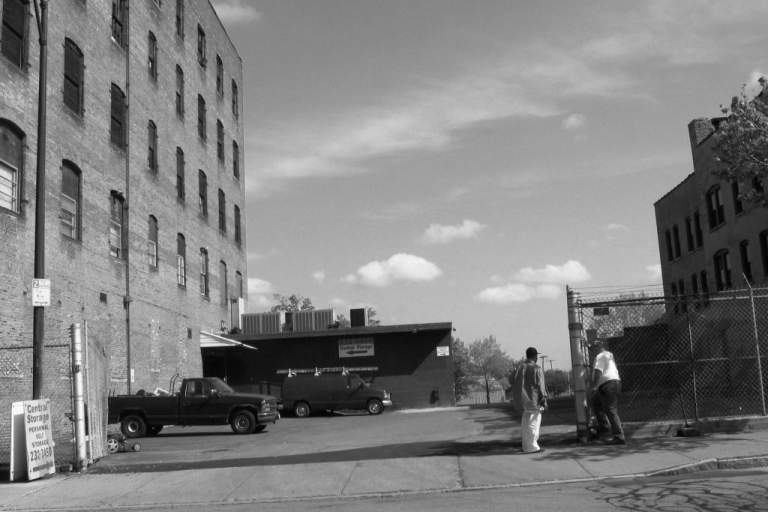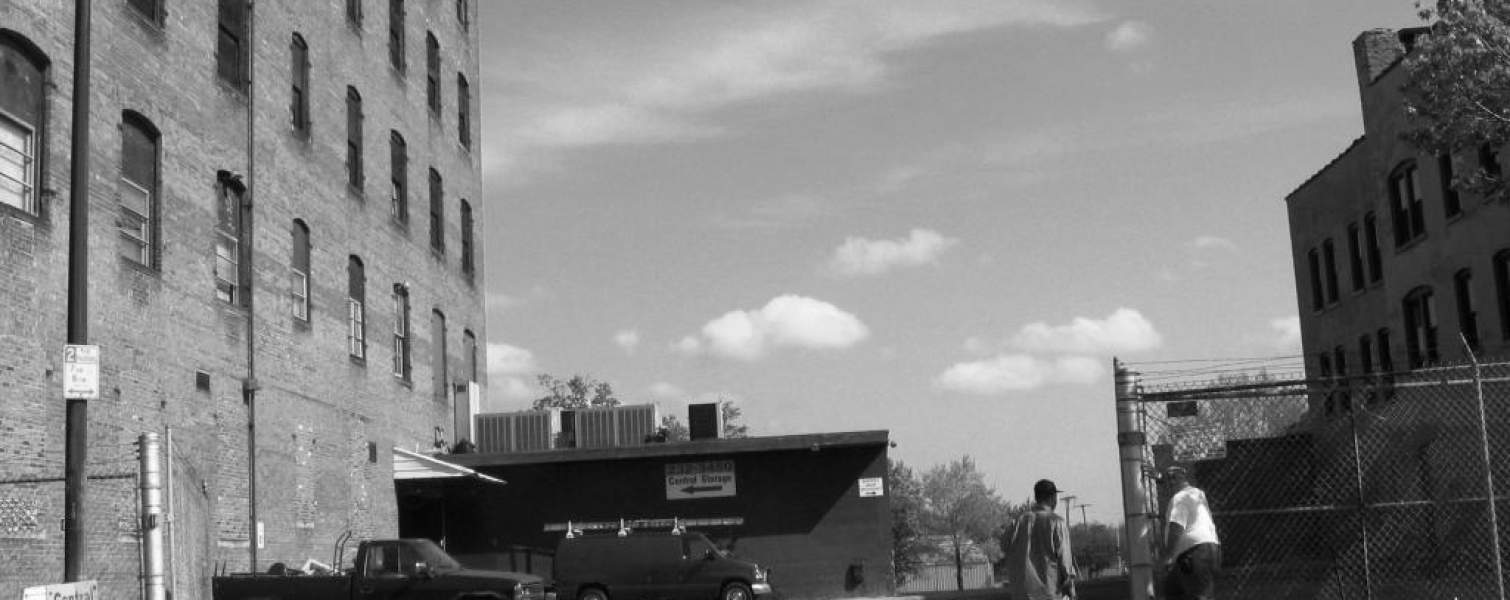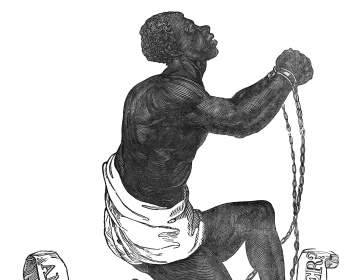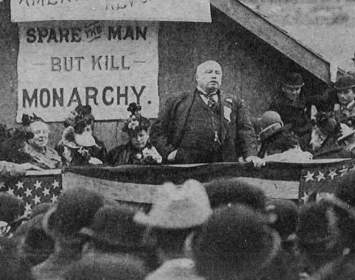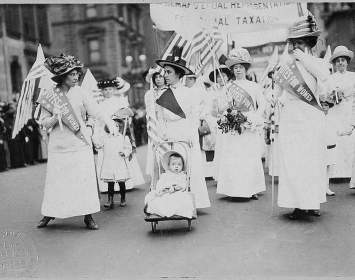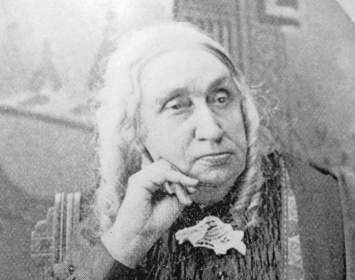Beginning in 1857, Lucy Colman lived at 33 Chatham Street. That may have been the year when Colman taught at—and, according to her autobiography, scuttled—a segregated school; Rochester’s last segregated school closed in that year, whatever role Colman did or did not play in its closure.
Colman still appears in a Rochester city directory from 1864, by which time she had emerged as a controversial speaker for both abolition and woman’s rights. (Nineteenth-century practice was to use the singular, woman's, when referring to women as a class; later practice was to use the plural, women's).
Chatham Street no longer exists, apparently a casualty of the I-490 highway and urban renewal. Its final vestige seems to be a driveway between two industrial buildings on Central Avenue.
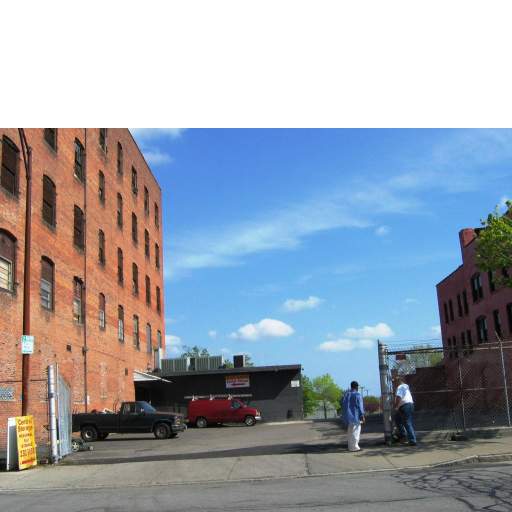
Probable Chatham Ave
Driveway between these two buildings on Central Avenue just east of Ormond Avenue (the left-hand building is 438 Central) may be the sole remaining vestige of the former Chatham Street.
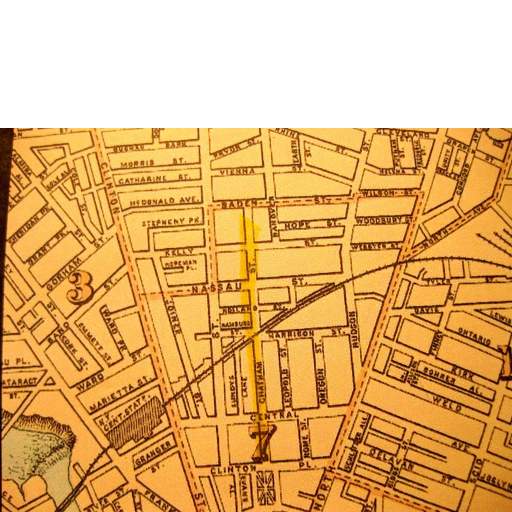
Chatham Street
Chatham Street (highlighted, center) runs north-south between Baden Street and Clinton Place in this 1895 Julius Bien and Company map of Rochester.
